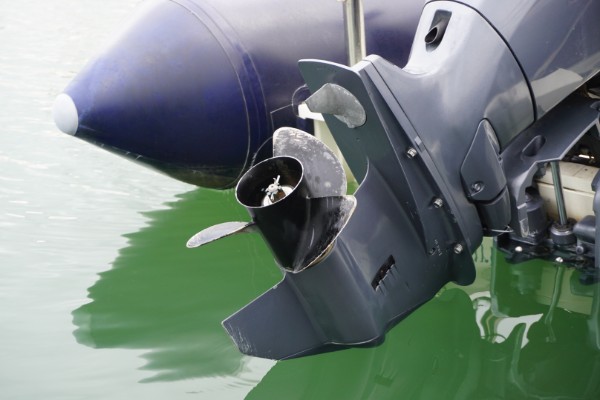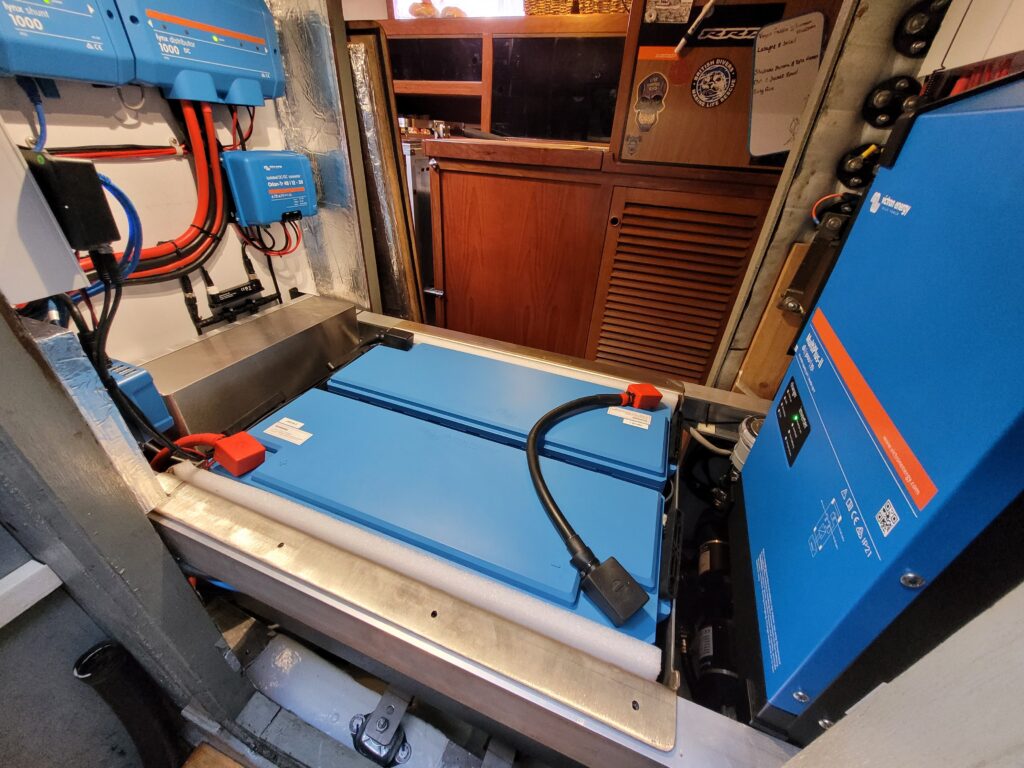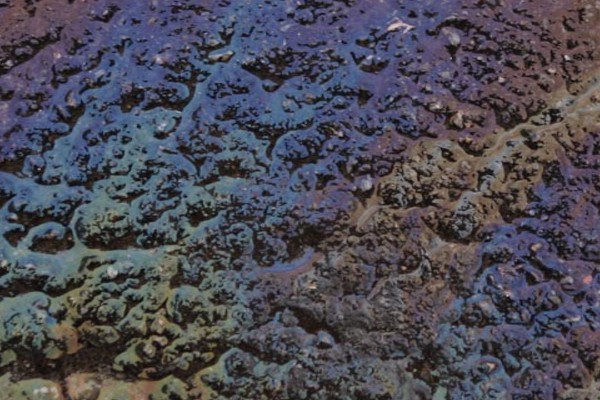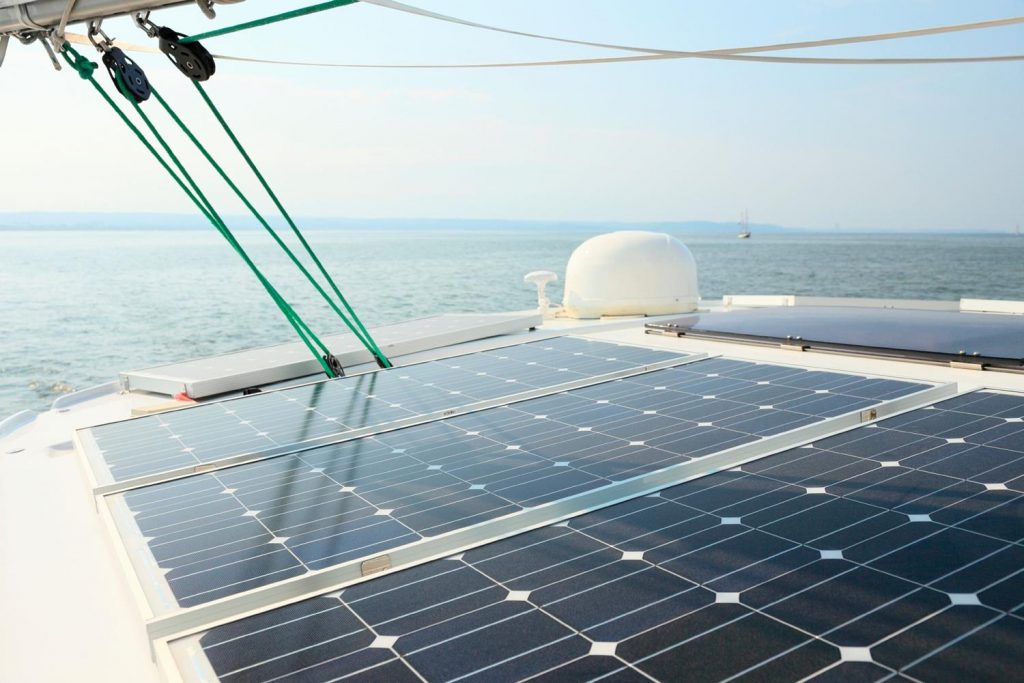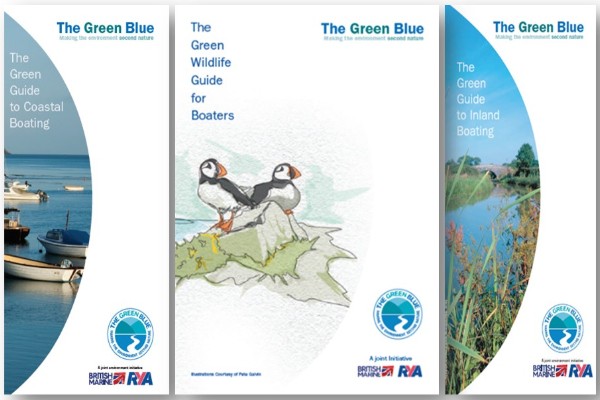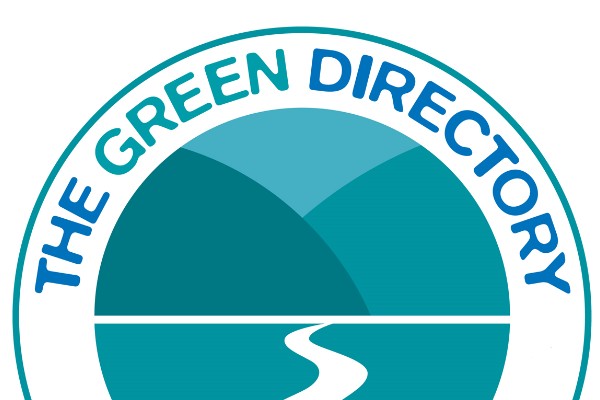Engine Efficiency
An efficient engine is not only good for the environment by minimising emissions, it will give you a better ride on the water and a less painful experience filling up at the pump! If your engine is inefficient it will be using more fuel to power your boat and have a higher amount of emissions that impact air and water quality.
WHAT CAN YOU DO?
- Regularly check and service your engine. Fresh oil, clean spark plugs and dust free air-filters all help to lower fuel costs and emissions.
- Use CE marked outboard engines manufactured after 2005 or electric engines to increase fuel efficiency, reduce noise and decrease emissions.
- Fitting sound insulation around the engine can cut noise by 85%.
- Vibration absorbers can also reduce structural noise by 85%.
- Consider an electric powered craft or engine if they need replacing. They have low emissions and are very quiet. Take a look at our Electric Boating info & advice.
- Try switching to biodegradable hydraulic and lubricating oils.
- Keep your speed low to minimise fuel use and emissions. If you need to go faster it is best to get up on the plane, where the drag of the hull is reduced allowing a more efficient drive.
- Be on an even keel – the hull needs to be as level as possible. If it is not, power and fuel will be lost trying to push the hull up rather than along. Ensure weight is distributed evenly on the craft to keep it level and provide a smoother ride and more mileage per litre.
- Regularly clean your boat to remove biofouling to reduce drag and fuel consumption. This will also help with Invasive Species Prevention, removing harmful invasive animal and plant matter.
TYPES OF ENGINE
As well as the best practice mentioned above there is also the option to choose cleaner and more efficient engines including the 4-stroke engine, electric powered propulsion and hybrids compared to the traditional 2-stroke outboard engines.
Here is an overview of 2-stroke, 4-stroke and electric powered propulsion:
2-Stoke Engines:
A 2 stroke engine has a single stroke that intakes and exhausts on the same stroke, and also mixes lubricating oil in with the fuel, causing higher emissions. A 2 stroke engine generally runs much faster than a 4 stroke engine resulting in higher noise output and a shorter lifetime.
4-Stroke Engines
4 stroke engines have a cycle of intake, compression, power, exhaust, which is a more efficient process, resulting in a reduction in amount of fuel used to power the engine and fuel lost from the exhaust. The 4-Stroke engine tends to be more durable and a quieter option compared to a 2 stroke engine, providing further environmental benefits by minimising noise pollution and disturbance to life above and below the water.
Electric Propulsion
Learn more by visiting our info & advice page on Electric Boating.
